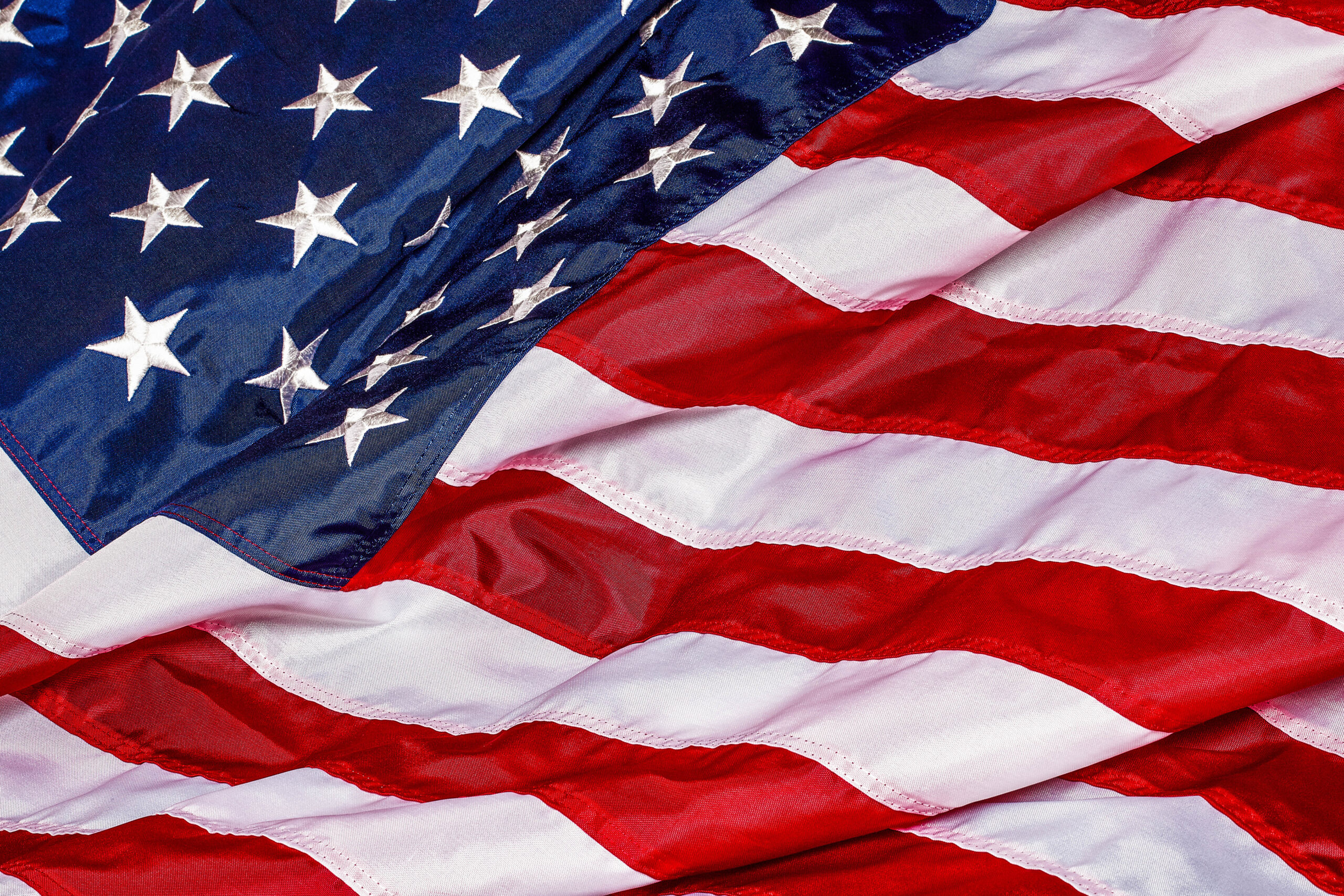A beautiful spring with warm days, blossoming plants and flowers is the gateway to a long anticipated summer. I vividly remember the spring of 1945, as I recall in my book, “The Sojourners, Life on the American Homefront during WWII”. President Franklin D. Roosevelt died, Vice President Harry Truman became president, my grandmother died and my youngest sister was born. My Uncle Bill, still in uniform, was home for her dedication to the Lord. After the invasion at Omaha Beach, he had earned enough points to return home. I was happy because he brought me a left-handed baseball glove that he got in Algiers after the invasion of North Africa in 1943. The beautiful weather, the warm attitude of our people and the emergence of new life and the welcoming back of the old provided great hope for the coming summer. The surrender of Germany on May 7 put a still more positive cap on our feelings.
Since Dec. 7, 1941, we had some pretty apprehensive days. But now, we could see a light at the end of the tunnel. The Japanese Naval Forces were all but totally destroyed; their ground forces were taking beatings in every theater and our B-29s were bombing the mainland and their industries. Military leader Tojo wanted to keep battling.
An invasion force of 180,000, including U.S. Marines, Army, some British troops and U.S. Naval Forces, invaded Okinawa on Easter Sunday, April 1, 1945. The invasion was virtually unopposed until U.S. forces started to move inland. Then began the bloodiest battle of the Pacific War. Okinawa was the gate to the Japanese mainland. For them to lose it would give the United States a tactical advantage that would lead to the ultimate defeat of Japan. This fierce battle ended on June 22, 1945, with the U.S. gaining a costly victory.
As a people, we had great confidence in both our political and military leaders. After the Battle of Okinawa, our military took a breather to look at the picture and plan their next move. Two hundred thousand trained Japanese soldiers awaited us on their homeland. They also had an untold number of reserves and civilians prepared to fight us to the death. What would our cost be? Little did we know that our leaders were forming a plan that would make this summer the most memorable one in the history of the world.
Richard A Pender is the senior vice commander of American Legion Post 459 in North Brunswick. He writes the occasional historical column for Newspaper Media Group. Pender can be reached at [email protected].

